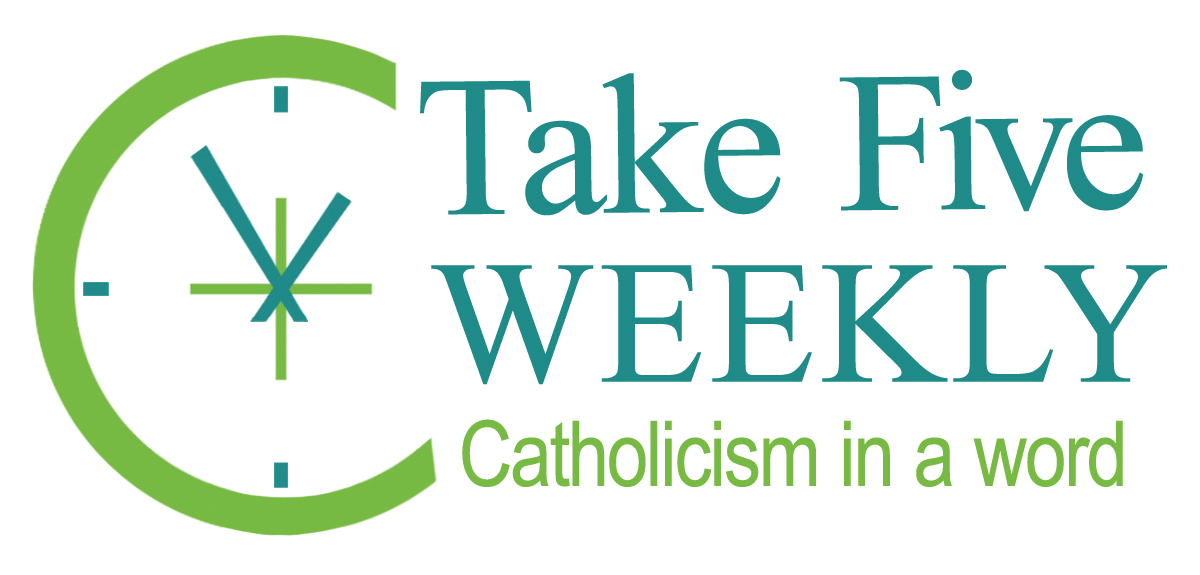The biblical idea, common in the ancient world, that numbers hold mystical significance. The clue to interpreting the hidden meaning of a text was often in appreciating the numbers associated with it.
Numbers have immutable rules not instituted by men but discovered.
—Saint Augustine
These angels [in Revelation chapter 1] are seven angels of high rank. The number seven here may show a connection with the seven planets, which in John's time were held to be heavenly beings.
—Adela Yarbro Collins, The Apocalypse
The number 1,000 in early Hebrew traditions . . . often meant simply a number too great to be counted.
—John McKenzie, S.J., Dictionary of the Bible
Significant numbers often recur in the Bible. Knowing that the number three stands for completeness, four for totality, seven for the divine realm, 12 for the whole people helps us understand the biblical narratives in which they appear.
From The Collegeville Pastoral Dictionary of Biblical Theology: In its use of numbers the Bible often attaches a symbolic value that demands an understanding on the part of the interpreter of the connotation of numbers. The Bible is not an exact timetable that predicts the precise occurrence of future events.
3 | 4 | 7 | 10 | 12 | 40 | 70 | 1000 | Gematria
The Twelve are listed in the Gospels of Mark, Matthew, Luke, and the Acts of the Apostles. The listings betray a hierarchy. Four names top every list: brothers Simon Peter and Andrew and Zebedee’s sons James and John. The next grouping is shuffled but consistent: Philip, Bartholomew, Matthew, and Thomas. The surprise is Bartholomew, who never speaks. The final four are James, son of Alphaeus; Thaddeus or Judas, son of James; Simon the Zealot; and Judas Iscariot, the least esteemed.
The Gospel of John refers to the Twelve only twice and never lists them. Andrew, Peter, Philip, and Nathanael are the original recruits. Nathanael? Since Philip recruits Nathanael, and Philip is paired with Bartholomew elsewhere, the idea that Nathanael is Bartholomew is suggested. John gives Zebedee’s sons only a vague post-Resurrection nod. John favors other followers: Nicodemus; Mary, Martha, and Lazarus of Bethany; Mary Magdalene, Joseph of Arimathea, and an unnamed “beloved” disciple. After Easter, Luke says, Matthias replaces Judas. The symbolic authority of the Twelve lasts for a generation. As each is martyred, none is replaced.
—Alice Camille, from Questions Catholics Ask
Matthias followed Jesus from his Baptism to his death, yet he wasn’t originally one of the Twelve. Then he won the lottery to replace Judas, and he spread the gospel for years before he suffered a martyr’s death. Clement of Alexandria said Matthias, like all the other apostles, was not chosen for what he already was, but for what he could become. Isn’t that true for all of us?
Acts 1:15-17, 20-26; John 15:9-17 (564)
:"The lot fell upon Matthias, and he was counted with the Eleven Apostles."
We all play different roles, but the call for each of us is the same: to follow Jesus in the lives we live.
Matías siguió a Jesús desde su bautismo hasta su muerte, pero originalmente no era uno de los Doce. Luego ganó la lotería para reemplazar a Judas y difundió el evangelio durante años antes de sufrir la muerte como mártir. Clemente de Alejandría dijo que Matías, como todos los demás apóstoles, no fue elegido por lo que ya era, sino por lo que podía llegar a ser. ¿No es eso cierto para todos nosotros?
Hechos 1:15-17; 20-26; Juan 15:9-17 (564)
:“Echaron suertes, le tocó a Matías y lo asociaron a los once apóstoles.”
Todos desempeñamos roles diferentes, pero el llamado para cada uno de nosotros es el mismo: seguir a Jesús en la vida que vivimos.


